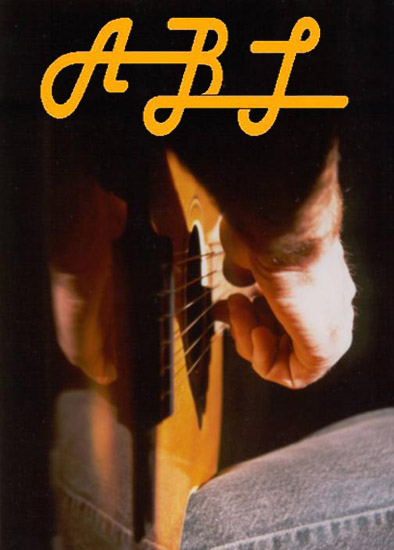|
Column Archive |
||
April, 2011 |
"Cowriting Part 1" |
by Ed Skibbe |
|
| One big difference between the songwriting communities in Nashville and here in the Mountain West is that nearly everyone cowrites in Nashville, and hardly anyone cowrites out here. A bunch of you have been asking me about it, so I started thinking about the topic of cowriting and soon realized I can't do it justice in one week's column. I will address this in three weekly "Tips." Why cowrite? Here are a few reasons: 1. Over time, cowriting produces a higher volume of more consistent work. It leverages each writer's strengths and minimizes their weaknesses. 2. Consistent cowriting is a sure cure for procrastination. 3. Cowriting provides opportunities to "write up," an important rite of passage and a career development opportunity for songwriters. 4. Cowriting is a great learning process, no matter with whom you write. 5. Each writer gets full "credit" for the song if it's great, but no one gets much blame if it isn't so good. 6. In theory, cowriting doubles the number of feet on the street trying to get the song cut, or to make the song successful. 7. Cowriting shares the wealth. It can turn a community of songwriters into an economic collective. There are also plenty of downsides to cowriting. It is not a panacea. Some issues to consider: 1. It splits the revenue in half immediately. My friend John Dotson's first advice is to try to write any song by yourself first. You never give up a bigger share of the song than when you add the first cowriter's name to the song. (Caveat: 100% of nothing is nothing.) 2. Not everyone is cut out for cowriting. It takes a commitment to schedule, good interpersonal skills, generosity, a lack of inhibition, a fair amount of creativity-on-demand and the ability to make rapid, intuitive aesthetic judgments. 3. Cowriting is hard work. It often emphasizes the craft more than the inspiration. If your cowriter is any good, s/he won't let you get away with merely "good enough" when excellent is within reach. 4. A fairly large percentage of cowriting partnerships simply don't work. About 25% of my cowriting relationships have gone nowhere. Everyone's mileage varies, but of every 10 cowrites, I might get 5 "good" songs and 2 "excellent" or "great" ones. That means I'm "wasting" 30% of my time. ("Good" means commercially viable--worth demoing and pitchable.) On balance, I like cowriting, although I still write about half of my songs alone (partly because I live in Colorado and spend only part of my time in Nashville, where most of my cowriting partners live). I think I've written more "excellent" or "great" songs on my own than I have cowritten, but I cowrite "good" songs far more consistently than I do alone. It's not like cowriting is a requirement or anything. Bob Dylan doesn't do it. James Taylor hasn't done it much. John Prine doesn't do it. Whether creatively or commercially motivated, not cowriting didn't seem to hurt those guys. Still, you also need to consider Fagen and Becker, Lieber and Stoller, Mann and Weil, Jagger and Richards, Lennon and McCartney, Bacharach and David, George and Ira Gershwin . . . I'd like to see more cowriting going on here. It could help everyone learn more about songwriting, help develop the community, and probably produce some really great songs, too. |
|||
| TOP | |||


